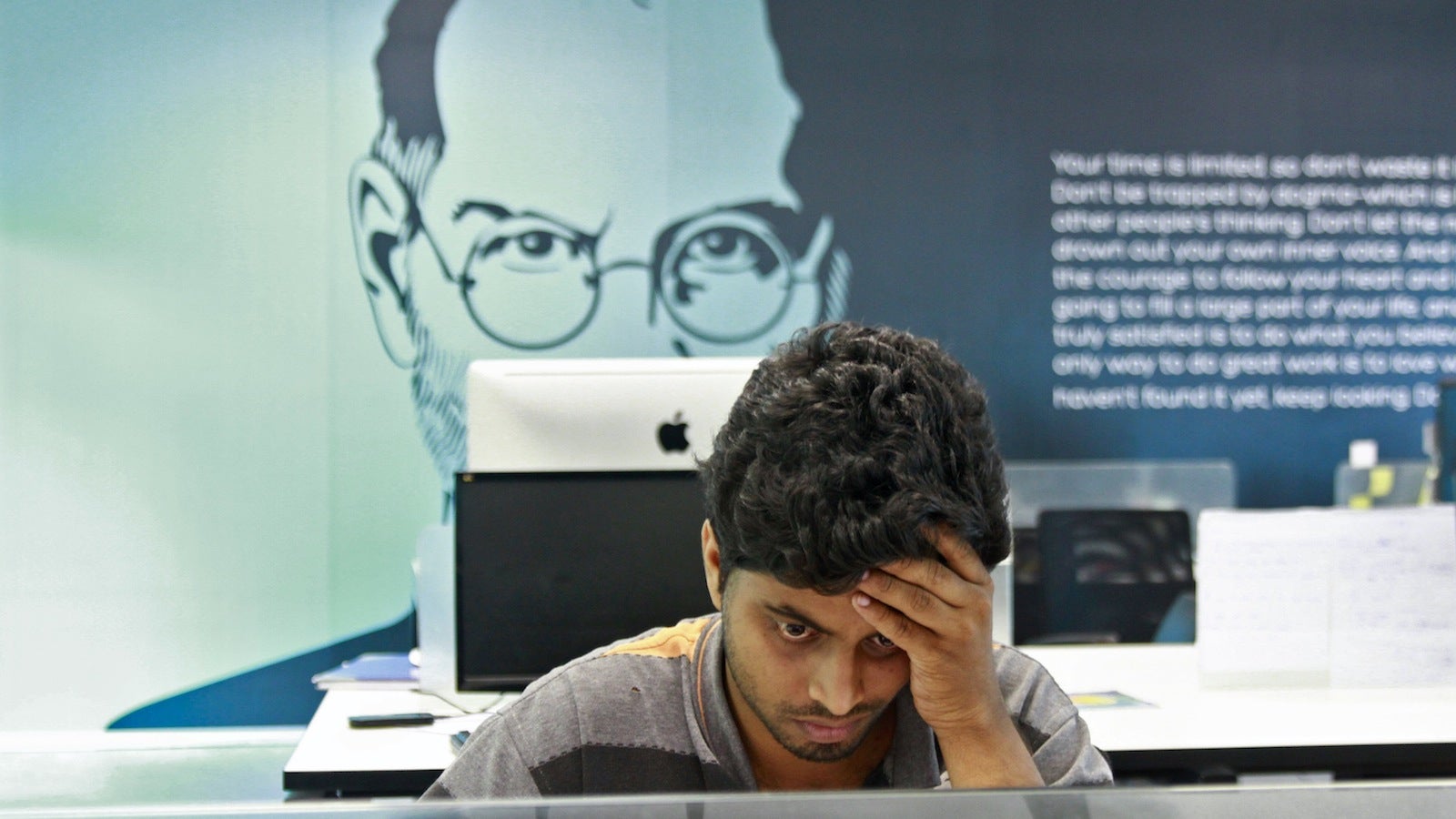Despite a startup boom in India, regulatory challenges are spooking entrepreneurs
India’s startup ecosystem is the fastest growing in the world, but entrepreneurs are still wary.


India’s startup ecosystem is the fastest growing in the world, but entrepreneurs are still wary.
Reasons: Notorious red tape and ambiguous laws.
In a survey of over 400 entrepreneurs, advisors, lawyers in India and the US, a California-based venture capital firm, Inventus Capital Partners, found that regulatory issue is the biggest challenge for most respondents looking to do business in India.

Apart from conservative legislations, entrepreneurs believe that some laws and foreign exchange controls are making it difficult to access funds. Foreign exchange controls govern the buying and selling of foreign currency in India or abroad, among others.
Tax issues have always been sticky. Even right now, foreign institutional investors in India are battling it out with the government as the income-tax department demands over Rs40,000 crore ($6.3 billion) in unpaid taxes.
Some of the regulations complicate transactions, limiting investments flows. India has seen losses of more than $10 billion in missed opportunities for investments and exits in the last five years, according to Inventus.
“India has unnecessary legal restrictions that make acquisitions harder for an Indian domiciled company,” said Manu Rekhi, a director at Inventus. India has rules on foreign ownership in Indian companies, and caps on ownership complicates and delays investor appetite.
Rekhi explained that Facebook’s acquisition of the Bangalore-based Little Eye Labs for around $10 million was a more complicated transaction than its $19 billion Whatsapp buy in the US.
That’s among the reasons why over half of venture capital-financed Indian technology companies, according to Inventus, now choose to incorporate their startups outside of India.